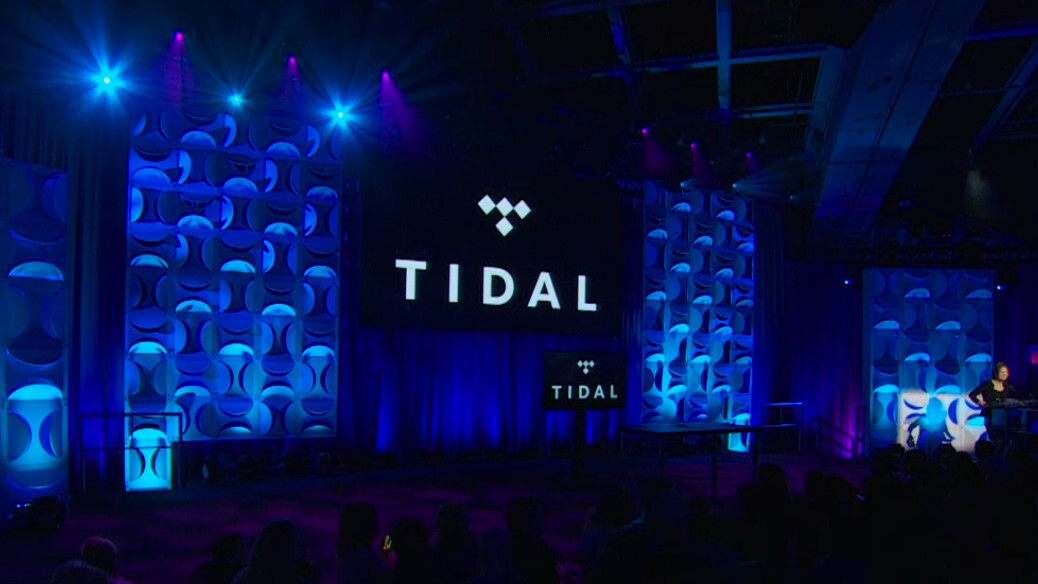
Earlier today, Tidal, the music streaming service that Jay-Z purchased earlier this year, broadcast a live “launch” of its product. I say “launch” because really nothing was announced, despite the hype.
The company trotted out big names in music including Daft Punk, Madonna, Nicki Minaj, Kanye West, Chris Martin of Coldplay and more, to make a declaration that they as artists, are uniting against other streaming services and give the power back to them.
As each artist came to the center of the stage to sign a “declaration” that they’ll collaborate to create a better streaming service, Alicia Keys passionately told us that the group of artists is fighting head to head with “technology companies” as a fully artist-owned company.
She, and the others, believe that these companies have turned them into a product or commodity, instead of an artist.
It’s easy to assume that “technology companies” means the likes of Spotify, who recently lost Taylor Swift’s music due to its free streaming plan and has come under fire from other artists for low payouts.
The narrative of the event today boiled down to positioning these artists as getting a rough deal from current streaming players and that the power has somehow switched around entirely. Keys also heavily emphasized that consumers supposedly care who owns the service they get their music from, because they know that artists are hurting.
These narratives are nothing new. Artists have been repeating the same complaints over and over for as long as I can remember.
Are these artists really out in the cold that much, though? The current climate can be hostile to artists, but it’s not like they’re not making a whole bunch of cash regardless.
If anything, in some cases, services like Spotify have helped turn people into real artists by providing an audience that was much harder to reach in the past, or have helped increase concert ticket sales thanks to people listening to the streams.
Perhaps the problem isn’t that services like Spotify and Pandora are hurting musicians, but more that these types of distribution techniques are completely turning around the power in the music industry.
It’s changing the model from these mega-famous artists working with mega-huge labels, to helping distribute younger, independent bands to more people with fewer hurdles. That might be upsetting to those mega-famous artists, but it also represents a bigger shift in the way that people gain fame and fortune in this century.
It’s easier to access music and other content than ever and the ones complaining loudest seem to be the ones that have huge stockpiles of money already.
I respect musicians like Taylor Swift for taking a stand against free streaming plans that can “devalue” the true cost of actually buying music — this much seems true — but I think that claiming that streaming services are working against you entirely is naive.
It’s still entirely unclear how Tidal can make streaming more viable for artists than Spotify can, at the exact same $9.99 per month price point. We got no answers about that today. The company also touts a $19.99 per month plan for lossless sound, but how many people out there can even tell the difference? I’m going to guess that it won’t be enough to move the needle.
Tidal may be the only artist-owned streaming company, but what remains to be seen is if consumers really care about that, or will just go to whomever provides the best catalogue in an acceptably easy to use interface. It’s also no closer to actually telling us how it’ll be providing a solution to the problem.
Get the TNW newsletter
Get the most important tech news in your inbox each week.







